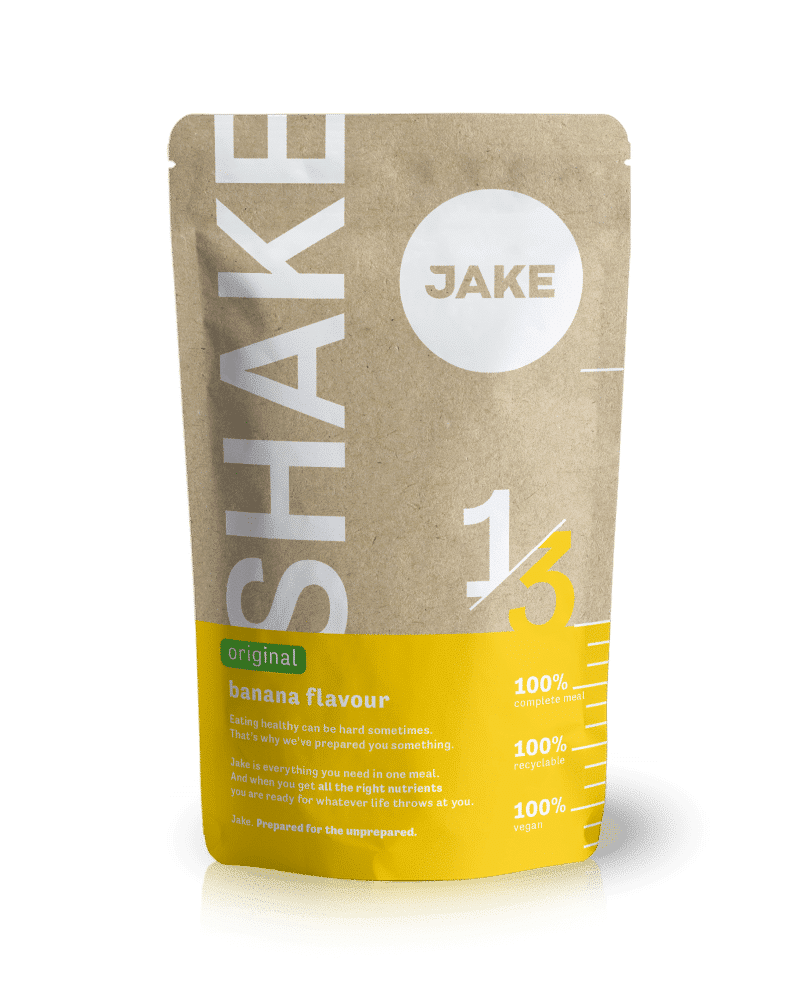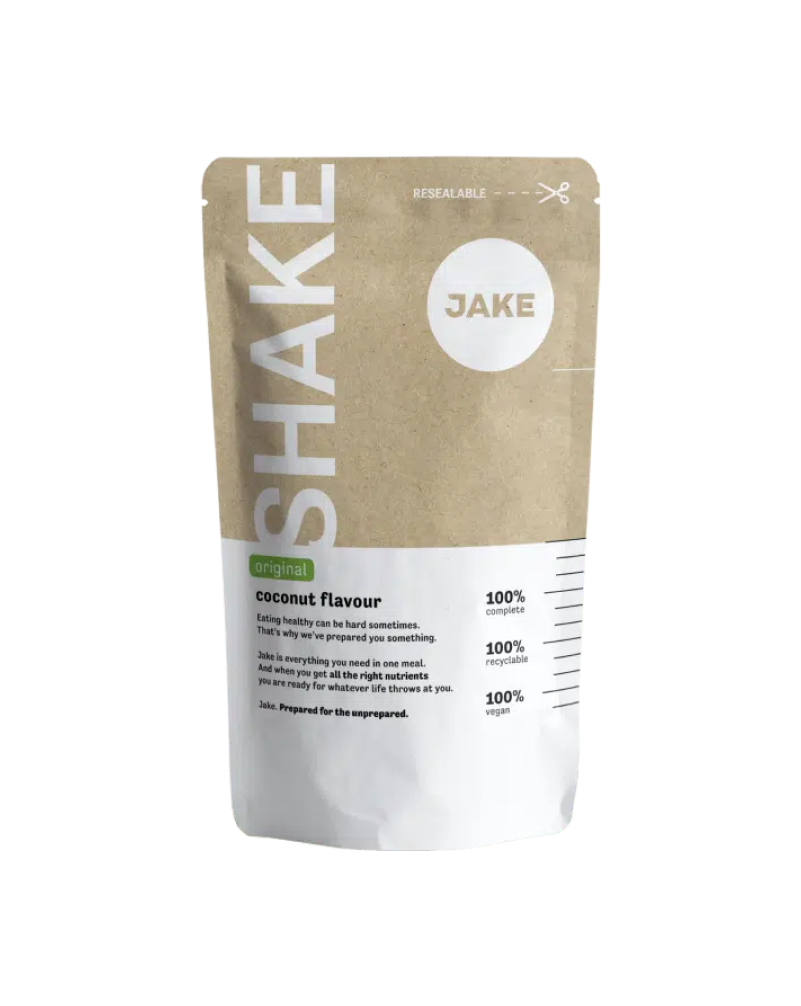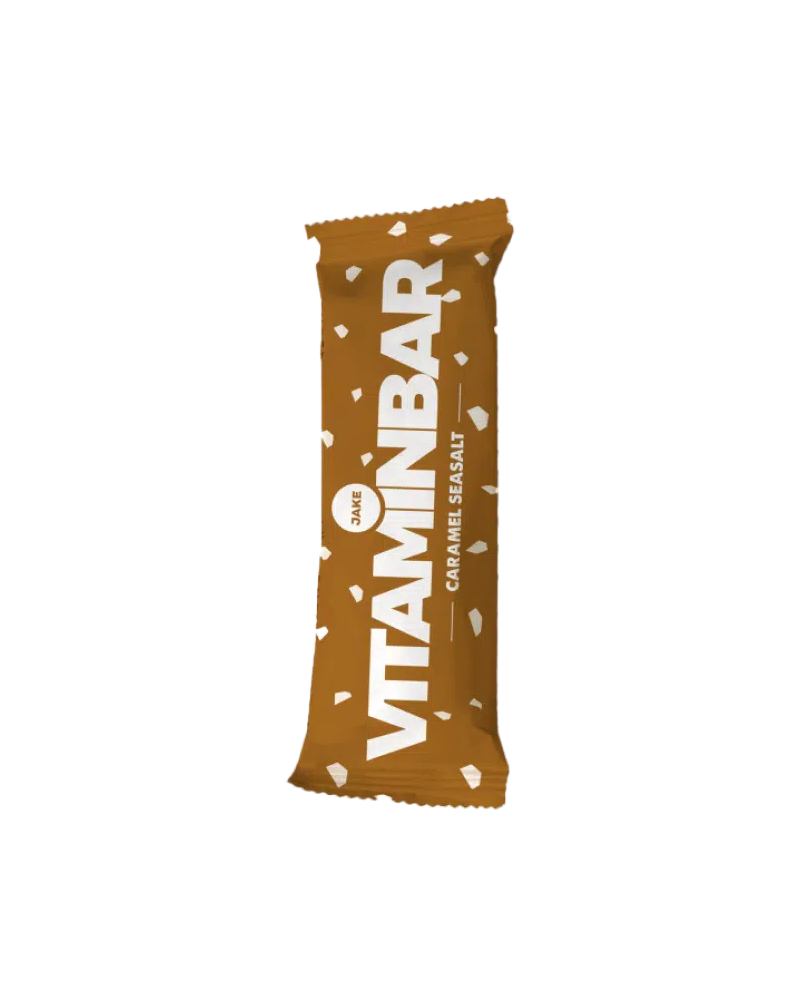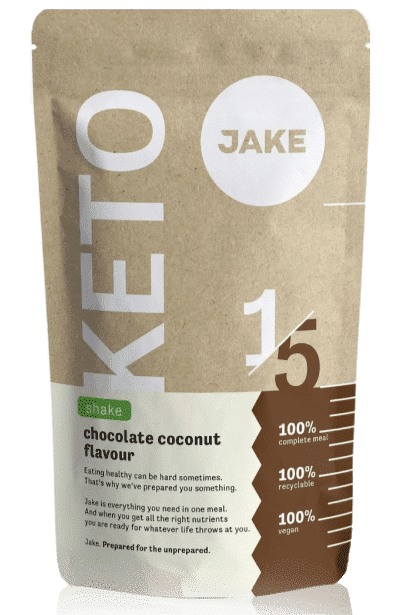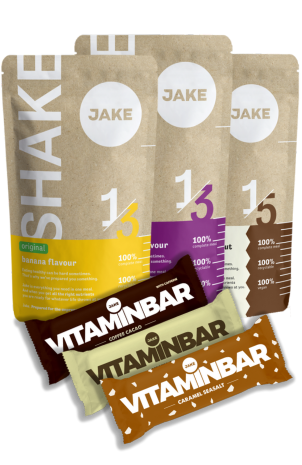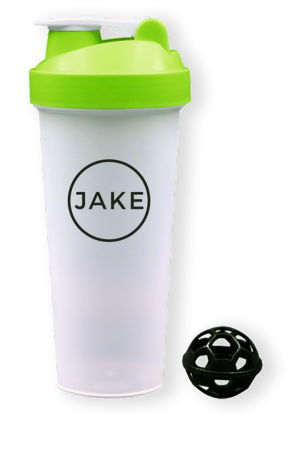6-minute read•July 9th, 2018
Zinc is the fourth most commonly used element in the automobile, construction and shipbuilding industries. It’s also one of the key elements of healthy nutrition. Although you only need a small amount of it, it’s not to be underestimated. Zinc has various functions in your body, from keeping your immune system healthy. Here’s what you need to know about zinc.

Short on time?
Best known for: Maintaining the normal functioning of your immune system and cells.
Good sources: Oysters are the best source of zinc. Red meat, eggs, beans and nuts also contain a good amount of zinc.
Recommended dietary allowance (RDA): Healthy adult men need between 9.4 mg-16.3 mg of zinc per day. Women need between 7.5 mg-12.7 mg per day. During pregnancy, an additional 1.6mg of zinc per day is recommended. The tolerable upper intake level (UL) is 25mg/day.
Good to know: Around 17% of the world’s population is considered at risk of inadequate zinc intake, especially in Sub-Saharan Africa and South Asia.
Zinc in Jake:
Jake Light and Original: 33% of RDA
Jake Sports: 25% of RDA
Vitaminbars: 26% of RDA
What is zinc?
Zinc is an essential trace element, meaning that your body needs it in very small quantities.
The average adult has 2-4g of zinc in their body, most of which is in the brain, muscles, bones, kidney and liver. Zinc is also present in the prostate and in our eyes.
Health benefits of zinc
Zinc serves as a key component for hundreds of enzymesEnzymes are substances, mostly proteins, that speed up biochemical reactions within the body.. Thus, zinc is involved in a huge amount of processes within the body, from gene expression to learning new words.
The key functions of zinc in the body are:
- Has a positive influence on the immune system
- Contributes to the production of cells and tissues
- Zinc contributes to normal DNA synthesis
- Contributes to a normal metabolism of carbohydrates, fat and proteins
- Contributes to the preservation of cognitive functions
How much zinc do you need?
Healthy adult men need between 9.4 – 16.3 mg of zinc per day. Women need between 7.5 – 12.7 mg per day. That’s just about one oyster. During pregnancy, an additional intake of 1.6 mg of zinc per day is recommended.These amounts reflect the recommended dietary allowance (RDA) established by the European Food Safety Authority (EFSA).
The recommended dietary allowance (RDA) for zinc is provided as a range, because daily needs depend on the amount of phytate in the diet. Phytate is a substance that inhibits zinc absorption. It is contained in whole-grain bread, legumes, cereals and some vegetables. The more phytate-containing foods you consume, the closer to the high end of the range are your zinc needs. For example, if you are a man consuming 1200 mg of phytate per day or more, your daily zinc intake should be 16.3 mg.
Zinc in foods
By far, oysters are the best single source of zinc. However, if you can’t afford to have oysters every day, you can always go for crab. And there are plenty of other foods that can help you meet your daily zinc requirements, including red meat, poultry, eggs, beans and nuts. Whole grains and dairy products also contain some zinc.
The best sources of zinc are:
| Food | RDA (%)* | Zinc (mg) |
|---|---|---|
| Oysters, raw (100 g) | 558% | 91 |
| Beef roast (85 g) | 43% | 7 |
| Crab, cooked (85 g) | 40% | 6.5 |
| Baked beans, canned (80 g) | 18% | 2.9 |
| Cashews, dry roasted (28 g) | 10% | 1.6 |
* Based on the recommended dietary allowance (RDA) established by EFSA for healthy adult men who consume at least 1200 mg of phytate per day (16.3 mg zinc/day)
What if you’re not getting enough zinc?
Around 17% of the world’s population is considered at risk of inadequate zinc intake, especially in Sub-Saharan Africa and South Asia.
People in developed countries aren’t likely to become zinc deficient. Just make sure to vary your diet. Some groups should pay extra attention to their zinc intake, as they are at a higher risk of deficiency than the general population:
- Vegetarians: Zinc contained in plant foods is less readily absorbed than zinc in animal foods. Next to that, vegetarians may consume large amounts of phytate-containing foods, which further limit the absorption of zinc in the body. Supplementation can help prevent zinc deficiency.
- Pregnant women: Due to the high zinc requirements of the foetus, pregnant women are more vulnerable to zinc deficiency.
- Chronic alcoholics: Alcohol inhibits the absorption of zinc in the intestines and accelerates its excretion through the kidneys.
As a vegetarian, there are some tricks you can use to increase the absorption rate of zinc in your food.
For example, before you cook beans, grains and seeds, soak them in water for several hours and let them sit after soaking until they form sprouts.
Another trick is to eat more leavened grain products like bread, instead of unleavened grain products, like crackers. The process of leavening breaks down phytate in food, ensuring that more zinc can be absorbed from it.
How much zinc is too much?
A tolerable upper intake limit (UL) of 25 mg zinc per day has been established.
Take-aways
The three things to remember about zinc are:
- If you like oysters, good news: a single oyster is enough to meet your daily zinc requirements. You can also get your zinc from meat, beans, nuts and some seafood, including crab and lobster.
- 17.3% of the world’s population is at risk of zinc deficiency. If you’re vegetarian, you’re at risk, too. Zinc supplementation can be a solution.
Afraid to miss out on essential nutrients your body needs? You can always take our Jake meal replacement shakes or one of our delicious meal replacement bars.
